In Images: Stealthy Armored Vehicles Go Beyond Bulletproof
Fighting Vehicle of the Future
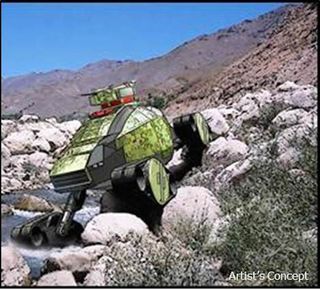
Led by the Defense Advanced Research Projects Agency (DARPA), the branch of the Pentagon responsible for developing new technologies for the military, the new X-vehicle program aims to develop an armored ground vehicle that can travel at extreme speeds over all types of terrain, drive itself and go undetected by enemies.
Small But Stealthy
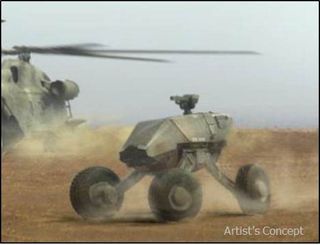
Successful proposals for the armored vehicle will reduce the size of ground vehicles currently used by the military by half, according to DARPA. The military truck of the future will also move 100 percent faster than current models and will require far fewer military personnel on board to operate. The all-terrain vehicle must be able to adjust to different elevations and travel up steep landscapes, all while stealthily avoiding enemy fire.
Smarter Than Your Average Truck
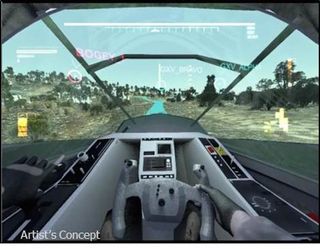
The X-vehicle will feature a semi-autonomous control system, similar to the auto-pilot systems found in today's military and civilian planes. This feature makes it possible for a driver to step away from the control center in the event of an enemy attack or other emergency.
Beyond Bulletproof
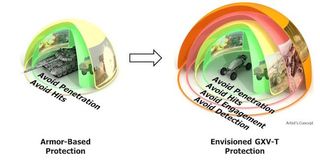
The X-vehicle program aims to move away from the conventional armor-based protection approach to building military vehicles. This approach is no longer efficient, according to DARPA, which is calling for proposers to come up with new methods of designing and building military ground vehicles. Successful designs will not only take into account reducing damages from enemy fire, but also stealthy ways of avoiding the enemy altogether.
Experimentation From the Ground Up
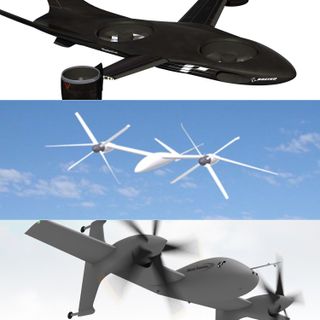
Other DARPA X programs have aimed at developing new aircraft for the U.S. military. One of the most recent X-plane projects is the unmanned vertical takeoff and landing (VTOL) aircraft program. Currently, four companies in the U.S. are developing prototype planes for this initiative.
Sign up for the Live Science daily newsletter now
Get the world’s most fascinating discoveries delivered straight to your inbox.

Elizabeth is a former Live Science associate editor and current director of audience development at the Chamber of Commerce. She graduated with a bachelor of arts degree from George Washington University. Elizabeth has traveled throughout the Americas, studying political systems and indigenous cultures and teaching English to students of all ages.










